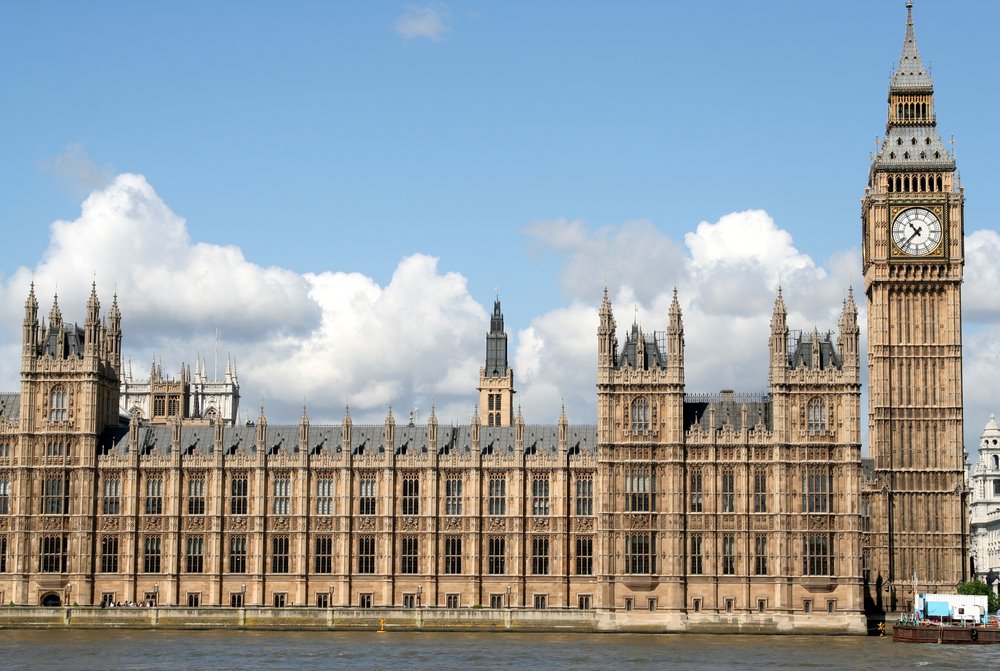The financial Secretary to the Treasury, Jesse Norman MP, has announced that the next rating revaluation in England will take effect from 1 April 2023, and will be based upon rental values at 1 April 2021.
Rating revaluations normally take place every five years, the last being in 2017, which would have meant a revaluation in 2022. The previous government had announced that the revaluation date would be brought forward to 2021, based upon values at 2019. Legislation to give effect to this was brought into Parliament shortly before the general election and, in the meantime, the Valuation Office Agency has actually carried out the work of revaluation, but the values had not been published.
In this year’s budget statement, the new government announced that the legislation to bring forward the revaluation to 2021 would be withdrawn. At that point it appeared that we might be faced with a rating revaluation in 2022, but based upon property values in 2019. The government has, clearly, realised that the effect of Covid-19 on property values is such as to make that position untenable, and its statement makes clear that a valuation date has been changed “so that it better reflects the impact of COVID19, it will be based on property values as of 1 April 2021”.
At the same time, the government has announced a call for evidence for its “Fundamental review of business rates”, which was also announced by the Chancellor in his budget statement. The terms of reference of the review were published shortly after the Budget, and we have commented about the terms of reference in these news pages. Up The government’s objectives for the review are stated to be: “reducing the overall burden on business; improving the current business rates system; and considering more fundamental changes in the medium-to-long term”. The review will not consider residential property taxes. Similarly, the review will not consider the structure of the local government funding system.
The government would like stakeholders to provide responses relating to the multiplier and reliefs sections of the review, as well as any other areas of pressing concern, by 18 September 2020. The government would welcome responses to all other sections by 31 October 2020. Because the government is unable to respond to responses or queries sent in the post at this time, it has asked stakeholders to submit responses online via this link: www.smartsurvey.co.uk/s/businessratesreview2020/
This link can also be accessed directly via the GOV.UK webpage under the Business Rates Review Call for Evidence.
Ratepayers will welcome some clarity regarding both the revaluation date and the business rates review, but will be very disappointed to find that rates liabilities will continue to be based upon current rateable values until 1 April 2023, a date which is nearly three years away. Whilst some ratepayers are benefiting from a business rates holiday for the year 2020/21, many are not. This will mean many ratepayers paying business rates for three years in “post-Covid” economic circumstances, but based upon “pre-Covid” rateable values. It is understandable that the government has chosen not to have a revaluation based upon 1 April 2020 property values, but it would, surely, have been feasible to continue with a 2022 rating revaluation based upon April 2021 property values. This would have reflected the “post-Covid” reality of the property market, and would have done so a year sooner than will now be the case.
Ratepayers will certainly want to respond to the fundamental review of business rates, which is something that we have been calling for in these news pages for a number of years now.

